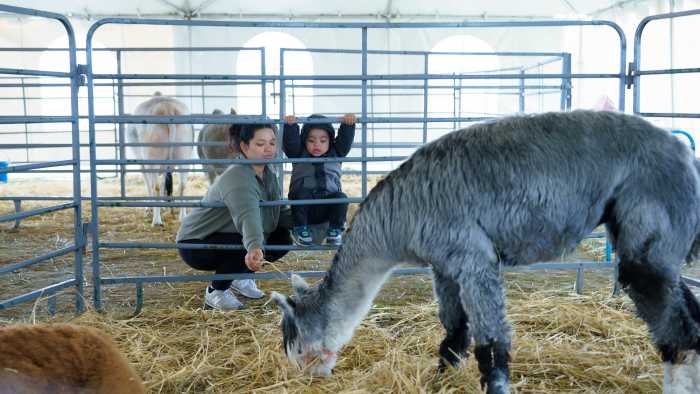
New Year’s Eve festivities peak when the official countdown of the clock begins. After the ball drops and midnight has arrived, revelers cheer to the new year and exchange kisses and well wishes, and then often begin to sing (or more likely, mumble through) Auld Lang Syne. But few know what Auld Lang Syne means or why it is sung on New Year’s Eve. Confusion regarding this song is almost as notable as the tradition of singing it. It has been the butt of jokes in popular culture, even earning a nod in the movie When Harry Met Sally. Harry laments to Sally that he never quite understood what the song meant and ponders whether it is about forgetting about friends or remembering them. Sally sums it up by saying the song is simply about old friends.
For those of you who, like Harry, have wondered about this tradition, here is some quick trivia to pass along while friends are singing their hearts out. Couple that with the actual lyrics and you might just turn some heads on New Year’s Eve.
Auld Lang Syne is a Scottish composition that is well over 200 years old. Written by Robert Burns in the 1700s, it was originally a poem that was later put to the tune of a traditional folk song. The title translates roughly in English as “old long since,” or “long, long ago.” The song pays homage to times gone by and past experiences. Its connection with the stroke of midnight during New Year’s Eve festivities likely began with Canadian musician Guy Lombardo, whose band used Auld Lang Syne as a bridge between two radio programs during a live New Year’s Eve performance in 1929.
There are many variations of the lyrics for Auld Lang Syne; here’s an English version suitable to get you through the first few minutes of the year:
Auld Lang Syne
Should old acquaintances be forgotten,
and never brought to mind?
Should old acquaintances be forgotten,
and days of auld lang syne?
Chorus:
For auld lang syne, my dear
for auld lang syne;
we will take a cup of kindness yet,
for days of auld lang syne.
And surely you’ll buy your pint cup
and surely I’ll buy mine!
And we'll take a cup o’ kindness yet
for days of auld lang syne.
Chorus
We two have run about the slopes
and picked the daisies fine;
but we’ve wandered many a weary foot
since days of long ago.
Chorus
We two have paddled in the stream
from noon until dinnertime,
but seas between us broad have roared
since days of auld lang syne.
Chorus
And there is a hand, my trusty friend
and give us a hand of yours,
and we will take a right goodwill drink
for days of auld lang syne.
Chorus
If you’re a bit more adventurous or drunk, try Burns’ original Scots version:
Read Next | Plan a Kid’s Party Like a Pro
Auld Lang Syne (original Scots)
Should auld acquaintance be forgot,
and never brought to mind?
Should auld acquaintance be forgot,
and auld lang syne?
Chorus:
For auld lang syne, my jo,
for auld lang syne,
we'll tak' a cup o' kindness yet,
for auld lang syne.
And surely ye'll be your pint-stoup!
and surely I'll be mine!
And we'll tak' a cup o’ kindness yet,
for auld lang syne.
Chorus
We twa hae run about the braes,
and pou'd the gowans fine;
But we've wander'd mony a weary fit,
sin' auld lang syne.
Chorus
We twa hae paidl'd in the burn,
frae morning sun till dine;[b]
But seas between us braid hae roar'd
sin' auld lang syne.
Chorus
And there's a hand, my trusty fiere!
and gie's a hand o' thine!
And we'll tak' a right gude-willie waught,
for auld lang syne.
Chorus

Read Next | Learn about Staten Island Home Improvement and Contractors




